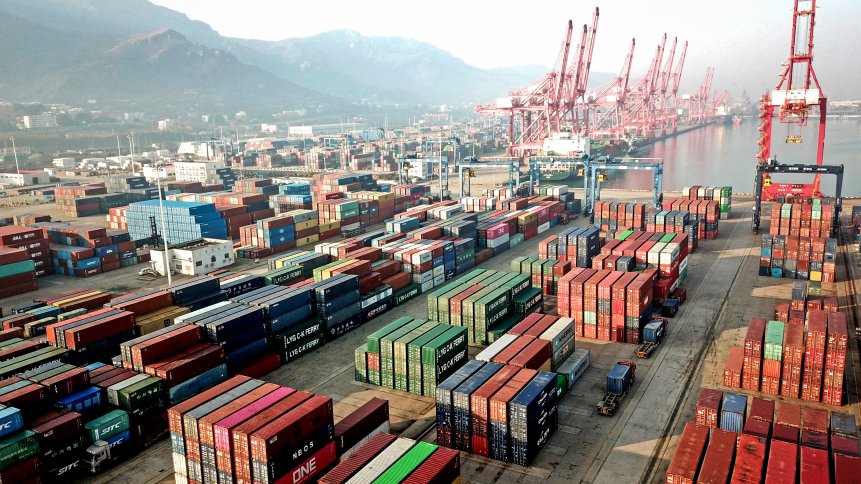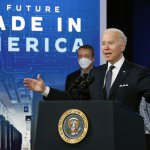Seems like the global chip shortage isn’t ending anytime soon. Here’s why

- To Volkswagen, bottlenecks would likely begin to ease towards the end of this year and by 2023, production can return to 2019 levels next year but still not enough to meet heightened demand for the chips.
- The global chip shortage is also forcing carmakers around the world to cut production output, while the waiting period for new models is up to a year.
In 2021, when experts predicted that the global chip shortage could gradually subside in the second half of this year, the Ukraine and Russia’s conflict, let alone the Covid-19 outbreak in China were not factored in. However, as events began unfolding within the first quarter of this year, upending the worn out supply chains, it is getting more apparent that the end to the semiconductor crisis is nowhere in sight.
The thing about the global chip shortage is that it almost always causes cascading effects, given that the first one in 2020 created pent-up demand that eventually caused the follow-up famine. To recall briefly, supply of semiconductors which plummeted due to Covid-related disruptions, started picking up when manufacturing chains normalized in 2021.
The recovery was then threatened by the Ukraine and Russia crisis. For starters, Ukraine produces 90% of the semiconductor-grade neon used in the US. Russia, on the other hand, provides the States with more than a third of its palladium, a rare metal also required to make semiconductors.
No doubt, companies have enough inventory to fulfill immediate needs, but as the need to find alternative suppliers arises, disruptions are inevitable. Making matters worse is the situation came in the worse times–when the world is still suffering from a severe chip shortage. But the Ukraine and Russia’s crisis, unfortunately, were not the last stumbling block for the semiconductor industry.
China, which is having its largest Covid outbreak in two years, is implementing extended lockdown, weighing on its rather fragile economy and straining global supply chains. In fact, according to Bloomberg, containers are piling up at Shanghai, China’s biggest port, as the lockdown in the city has led to a shortage of trucks to clear imports.
“It’s also disrupted business operations in the city, with companies like chip giant Semiconductor Manufacturing International Corp. struggling last week to secure trucks to ship out finished goods,” it added. As Moody’s Analytics report puts it, the chip shortage did impact “automakers, electronic device manufacturers, phone makers, and many other sectors that are increasingly reliant on chips.”
2024: When undersupply will be resolved
In an interview with German daily Boersen-Zeitung recently, Volkswagen Chief Financial Officer (CFO) Arno Antlitz said semiconductor chip supply will only be able to meet demand from 2024 onwards. He reckoned that bottlenecks would likely begin to ease towards the end of this year, with production returning to 2019 levels next year.
Even with that anticipated gradual recovery, Antlitz said it would not be enough to meet heightened demand for the chips. “The structural undersupply will likely only resolve itself in 2024,” he said. The grave prediction also means a foreseeable issue with Volkswagen producing vehicles that require chips.
Most of the automotive industry globally are impacted due to the lingering global chip shortage with the UK for instance, recording the lowest new car sales in two decades for March. According to the Society of Motor Manufacturers and Traders (SMMT), March registrations fell to 243,479, which was 14% down on a year earlier and their lowest level since 1998.
Even the trade group attributed it to supply chain woes since the pandemic began, including the global shortage of chips and more recent problems in sourcing some parts from Ukraine. SMMT branded the sales as “massively disappointing” for the industry.










